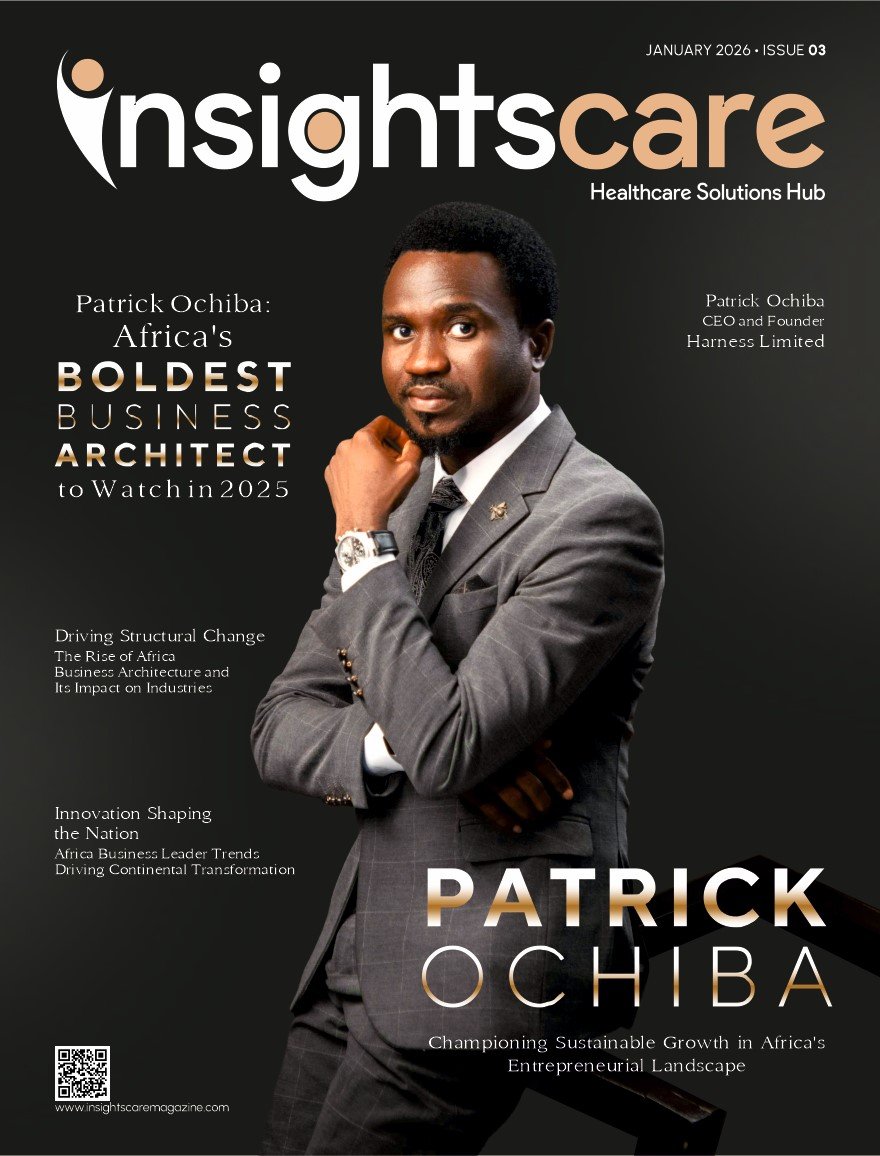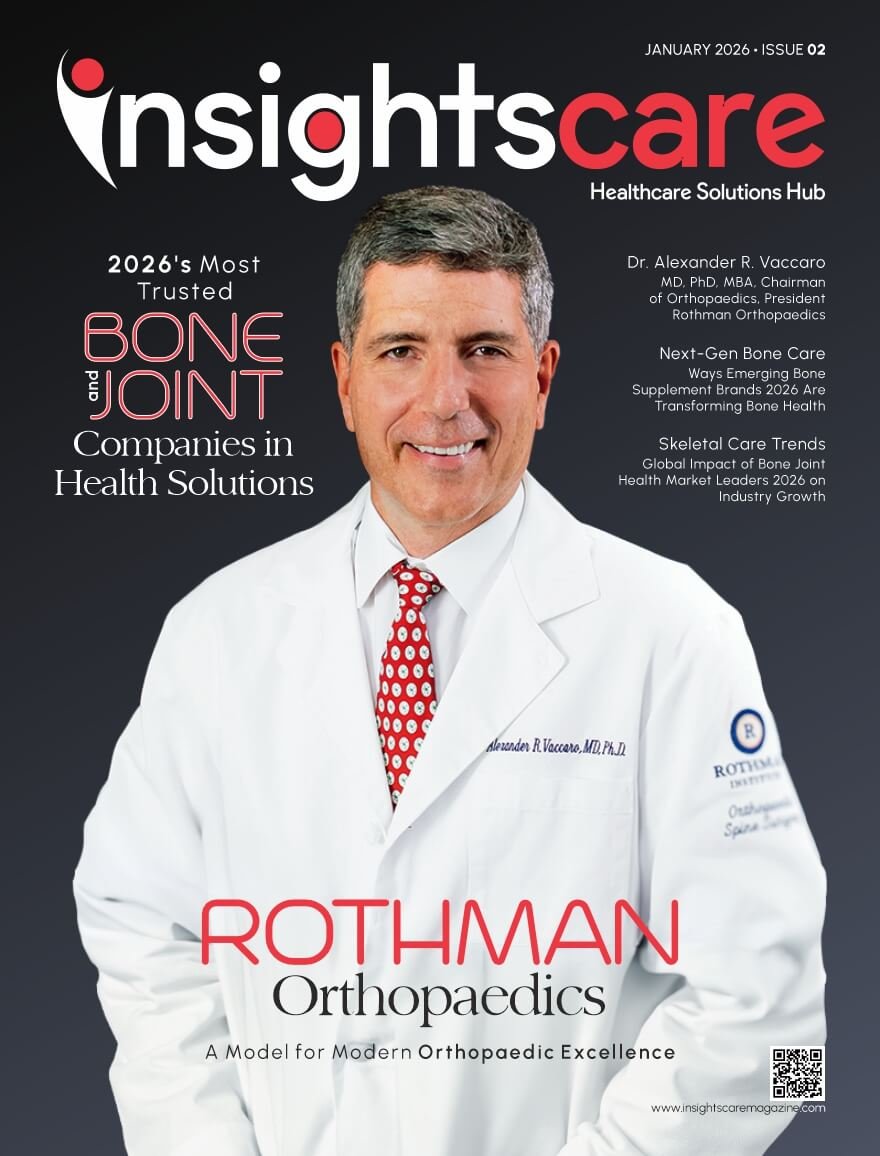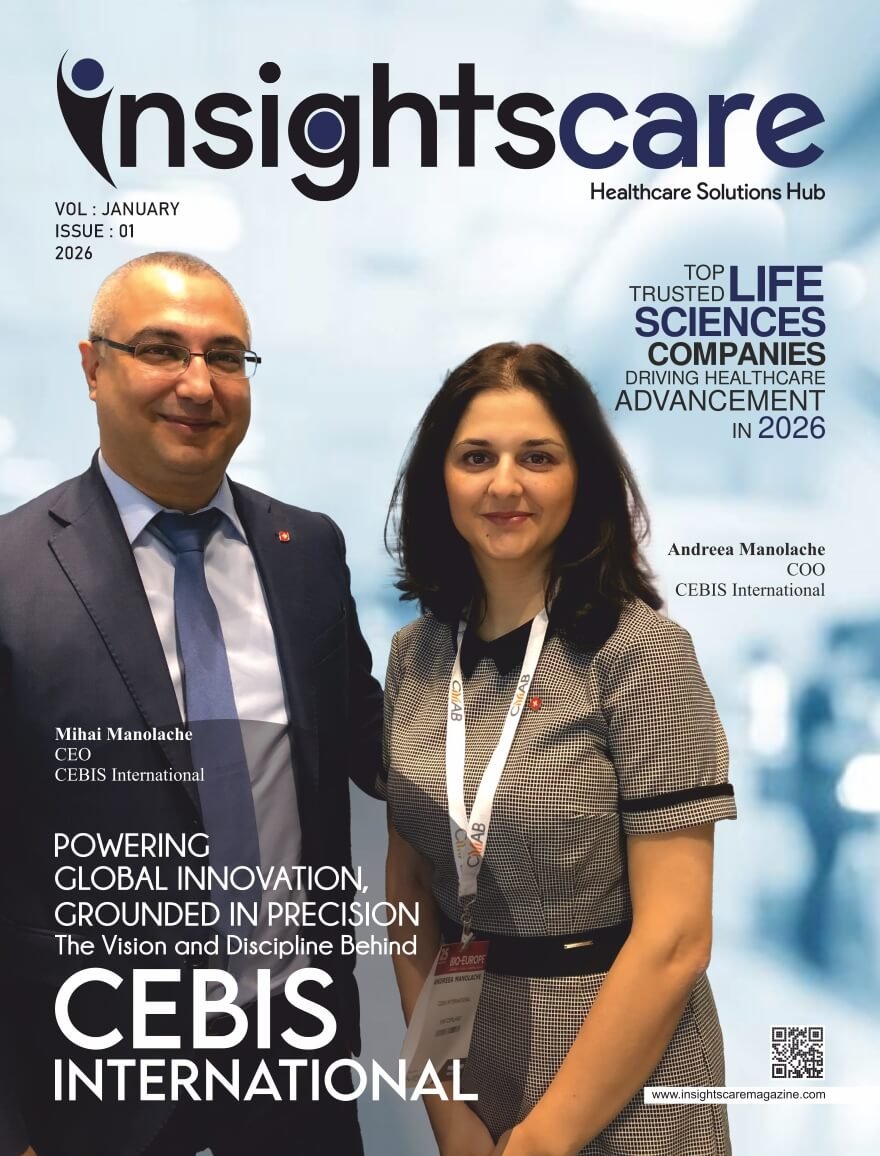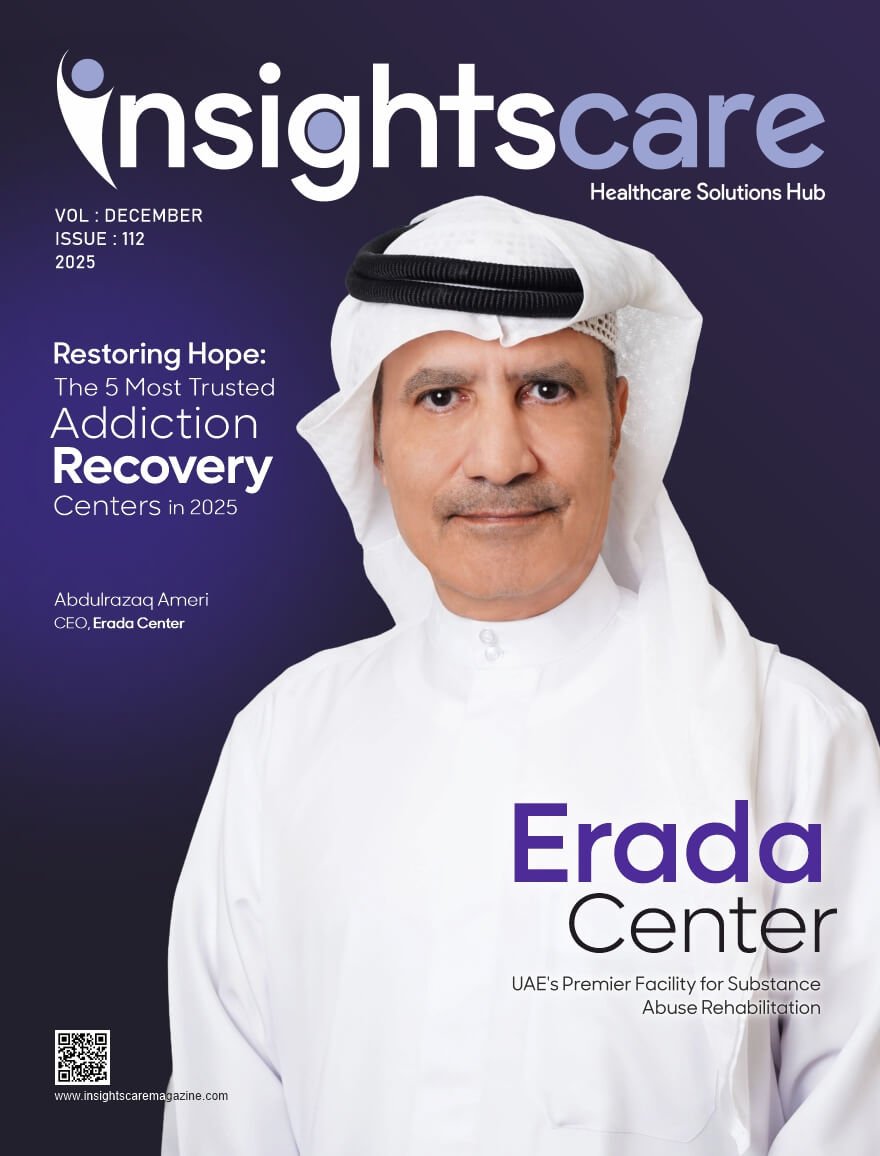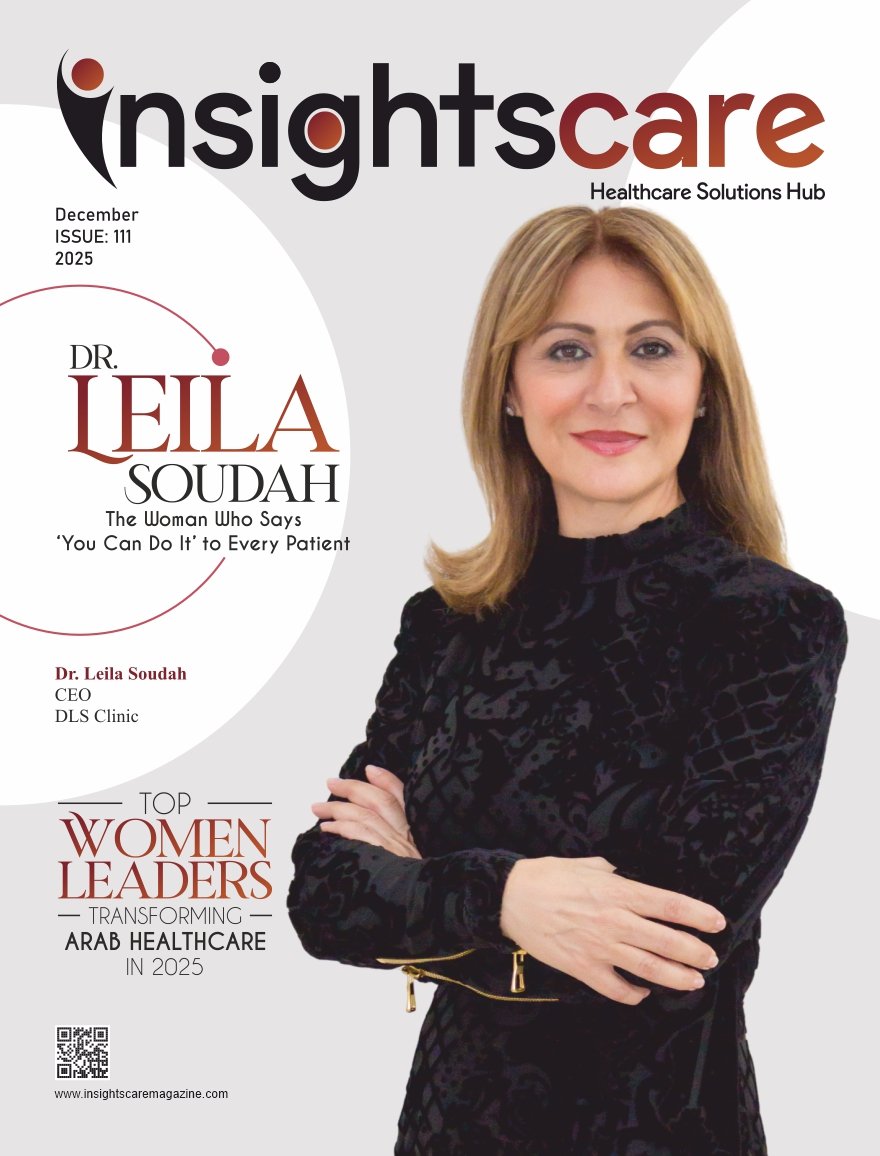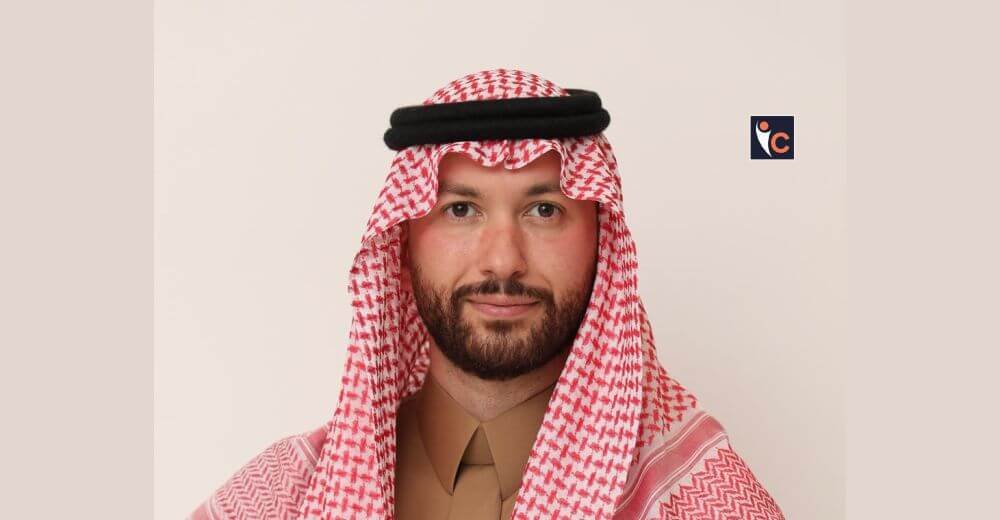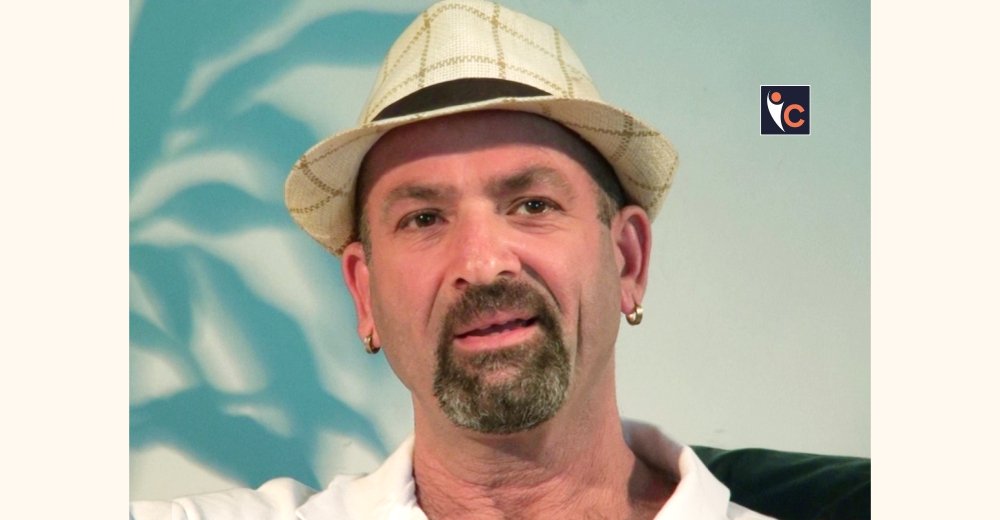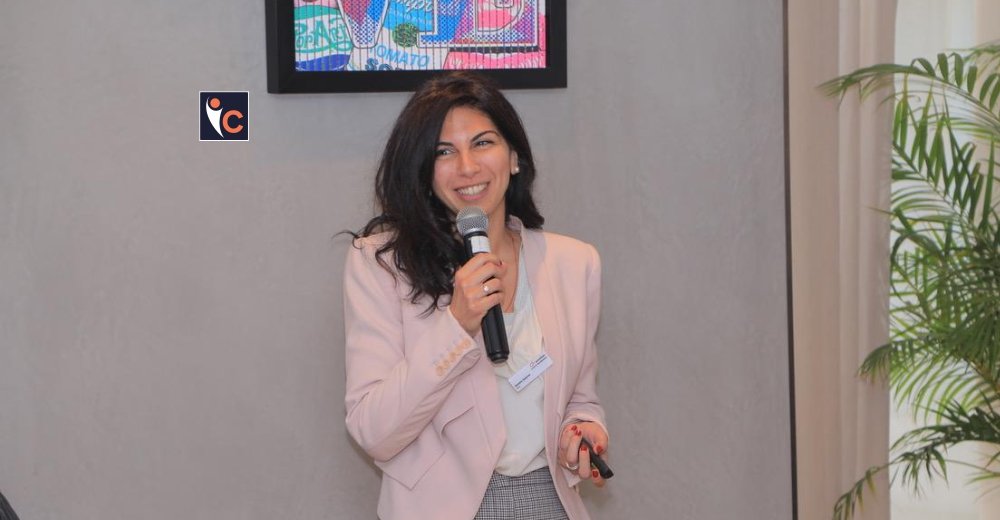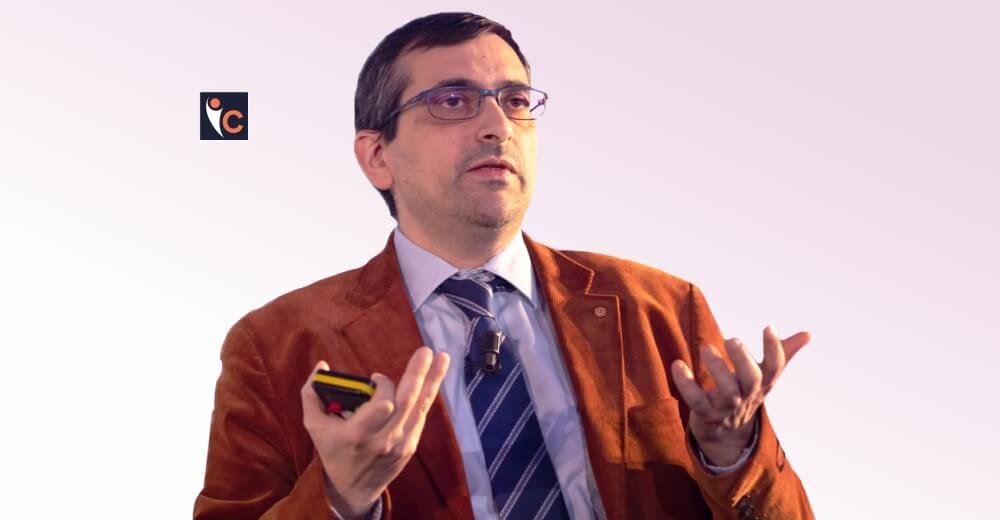There’s no manual for delivering care in the ever-shifting landscape of the Middle East—especially not in the high-growth, high-stakes environments emerging across Saudi Arabia. The region’s healthcare evolution is unfolding alongside expansive megaprojects, complex regulatory ecosystems, and a growing demand for international standards that still honor local nuance. In such a dynamic setting, it takes more than clinical excellence to lead—it takes vision, agility, and cultural fluency.
Dr. Abdulrahman Aman, Medical Director at International SOS Al-Rushaid, embodies all three.
Tasked with overseeing medical operations across some of the Kingdom’s most remote and strategically critical sites, Dr. Abdulrahman Aman doesn’t rely on off-the-shelf solutions. Instead, he builds frameworks where few have existed before—navigating a delicate tension between globally recognized best practices and the deeply rooted expectations of Saudi Arabia’s healthcare ecosystem.
His work isn’t just about implementing systems; it’s about redesigning them for relevance, resilience, and reach. Whether adapting emergency response models to the unique geographies of desert worksites, or translating international accreditation benchmarks into locally operable standards, Dr. Abdulrahman Aman’s leadership quietly reshapes how care is delivered—and more importantly, how it’s sustained.
Under his direction, International SOS Al-Rushaid has emerged as more than a service provider. It’s become a strategic healthcare partner, trusted to deliver not only medical excellence, but strategic insight at the intersection of global ambition and local transformation.
As the Middle East redefines the boundaries of progress, Dr. Abdulrahman Aman is helping trace a new path for healthcare—clinic by clinic, policy by policy, patient by patient.
Let’s delve into the interview details below!
Can you tell us about your journey in medicine and what led you to your current role at International SOS Al-Rushaid?
My journey in medicine has been shaped by a combination of clinical immersion, operational leadership, and a passion for healthcare transformation. I earned my medical degree from Imam Mohammed Bin Saud Islamic University in Riyadh and completed a rigorous four-year internal medicine residency at Prince Sultan Military Medical City.
While still in residency, I took on an administrative leadership role at Almawed Medical Center, managing operations, recruitment, and strategic expansion planning. That early exposure to healthcare management, alongside clinical training, lined the way for my later transition into executive roles.
In 2021, I joined International SOS – Al Rushaid JV as Chief Medical Officer for the NEOM Advanced Health Center. That role challenged me to integrate international best practices with Saudi regulations while building high-performing clinical teams in remote, high-expectation environments. Today, I’m honored to serve as Medical Director for International SOS Al-Rushaid, providing governance across KSA-based projects, supporting Saudi medical teams, and leading the development of our clinical services platform.
How has your leadership evolved in response to the unique demands of healthcare delivery in high-risk or remote environments?
High-risk and remote environments demand adaptability, trust, and decisive leadership. In my time managing NEOM’s clinical operations, I quickly learned the importance of clear clinical governance, culturally sensitive care, and proactive risk mitigation. My leadership style has evolved to become more collaborative and data-driven, focusing on empowering frontline staff, ensuring regulatory readiness, and building resilient systems.
Participating in the Authentic Leader Development program at Harvard Business School and currently pursuing an Executive MBA has given me a strategic lens to further align my leadership with both local challenges and global healthcare trends.
What are some of the region-specific healthcare challenges you’ve tackled, and how did your strategies differ from global models?
Navigating MOH licensing, CBAHI accreditation, and delivering care in emerging megaprojects like NEOM presented challenges that global models often don’t encounter. Our strategies were adapted to local realities—from designing clinics that meet both cultural and clinical expectations, to developing bilingual documentation and referral systems that align with Saudi healthcare pathways.
For example, transitioning NEOM’s facilities from a clinic to a polyclinic and hospital required deep engagement with local regulators, insurers, and regional health stakeholders—something not typically needed in more mature global markets.
In what ways is International SOS Al-Rushaid contributing to the transformation of occupational health and emergency response in the Middle East?
We are actively redefining occupational health in the region through early intervention, digital health integration, and scalable emergency response models. Our clinics are not only treating but preventing illnesses, with a strong emphasis on risk mitigation, health surveillance, and tailored wellness programs for remote and industrial workforces.
Our emergency medical response planning includes robust evacuation logistics, real-time clinical oversight, and strategic partnerships with tier-one hospitals. This positions us as a key player in supporting Saudi Vision 2030’s emphasis on workplace wellbeing and health innovation.
What emerging technologies or methodologies are you prioritizing to enhance healthcare accessibility and resilience in the region?
Digital transformation is a top priority. We are expanding telehealth capabilities, selecting interoperable EMR systems, and deploying mobile medical units for remote areas. We also use scenario-based drills and digital CME to ensure clinical teams are always ready. These tools enhance our resilience and allow us to deliver care anywhere—whether in a high-tech urban facility or a remote desert clinic.
How do you foster clinical excellence and cultural sensitivity within diverse medical teams across international operations?
Our teams are as diverse as the challenges we face, and that’s one of our greatest strengths. I focus on consistent clinical education, weekly drills, and feedback sessions to maintain excellence. Cultural sensitivity is fostered through localized onboarding processes, open communication, and encouraging inclusive team dynamics. The goal is always to build trust, promote empathy, and deliver patient-centered care—regardless of geography.
What does ‘sustainable healthcare leadership’ mean to you, especially in a region undergoing rapid transformation?
To me, sustainable leadership means creating systems that can thrive beyond individual leadership. It’s about building capabilities—whether through mentoring young clinicians, designing scalable processes, or aligning with national transformation goals like Vision 2030. True sustainability comes when our actions today create value and resilience for the healthcare landscape of tomorrow.
What advice would you offer to aspiring healthcare professionals who wish to lead with purpose and global perspective?
Stay curious and never stop learning. Be open to experiences that take you out of your comfort zone—whether that’s a rural clinic or an international health project. Develop not just your clinical skills, but your emotional intelligence and leadership qualities. Most importantly, lead with integrity and purpose. The world needs healthcare professionals who can bridge gaps—between systems, people, and cultures.

